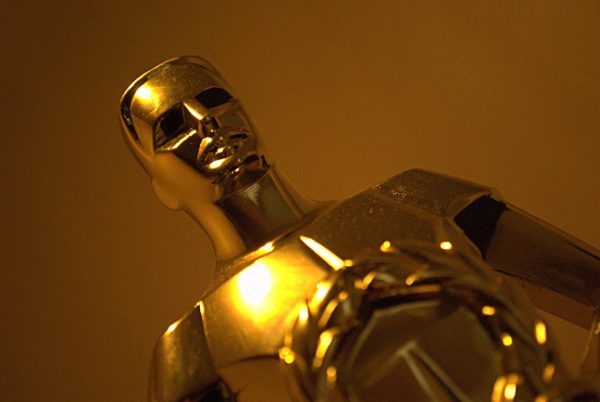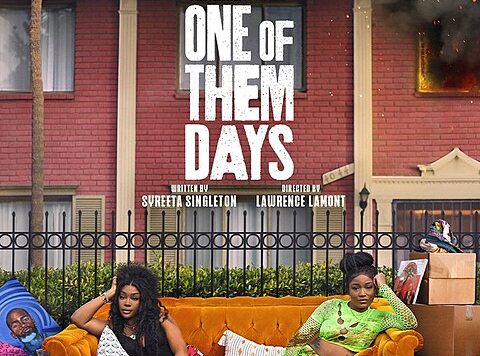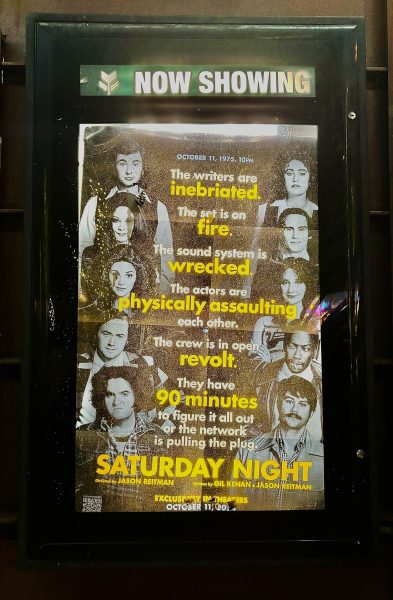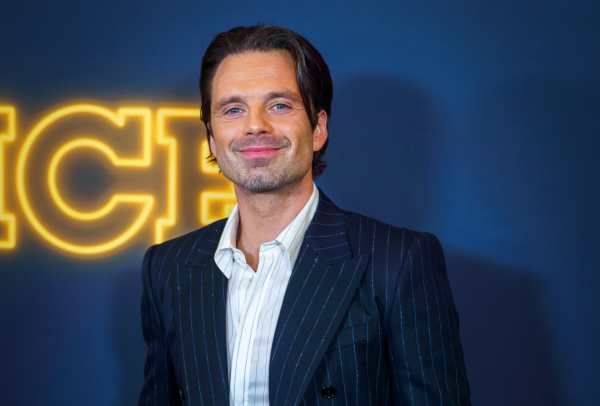Staff predictions: who is going home with a petite golden man
‘Birdman’ flies high, competes with ‘Boyhood’
“Birdman” was the movie no one wanted to see.
In a world saturated with the superhero motif and not necessarily in need of an epic Michael Keaton comeback, it wasn’t love at first sight between the trailer for “Birdman” and the 2014 movie-going audience.
The brief flash of Director Alejandro González Iñárritu’s name in the trailer, also found in the credits for dramatic downers “Babel” and “Biutiful,” was more confusing than anything following the sequence of Keaton in tighty-whities and a comically overdone, faux-Batman voice over.
But anyone who actually risked the fake superhero Keaton comedy-drama will likely agree that “Birdman” was one of the most brilliant movies of 2014 and deserving of each and every one of its nine Oscar nominations.
Set in the days before a Broadway debut, the entire movie was put together to trick the audience into thinking it’s merely one continuous shot. And each previously unfathomably long scene has the tangible energy and meticulousness within each movement of actual theater.
A powerhouse cast including Emma Stone, Edward Norton, Naomi Watts and Zach Galifinakis alongside Keaton plus a snappy drum score make for a movie with a number of perfect scenes — shout-out to the half-naked fight between Norton and Keaton.
If the Best Picture went to most brilliant, “Birdman” might just win.
Unfortunately, though a piercing and honest reflection on failure and the current state of art and culture, “Birdman” lacks the emotional weight and seriousness of the type of movies that — as sometimes humdrum as they are (cough “The King’s Speech” cough) — normally win.
— Hannah Thornby
‘Boyhood’ dominates nominations despite lackluster narrative
Richard Linklater’s “Boyhood” has been nominated for six out of 24 academy awards.
“Boyhood” has been nominated for Best Picture, Best Supporting Actor, (Ethan Hawke), Best Supporting Actress (Patricia Arquette), Best Original Screenplay (Linklater), Best director (Linklater), and lastly, Best Editing (Sandra Adair).
Unfortunately, it will probably win most, if not all, of the awards for which it’s been nominated.
The only two awards “Boyhood” should win are Best Supporting Actor and Best Supporting Actress. Hawke and Arquette, who play the roles of Mason’s (Ellar Coltrane) father and mother, steal the show and are the only characters in this film who are believable people that have any shred of humanity and heart to them.
The other awards “Boyhood” is up for however are a different story. “Boyhood,” as I’m sure you know, took 12 years to make! Yet for a film that took so long to create, why does its screenplay barf out clichés and cringe-worthy dialogue?
Why does Mason grow up from a bright-eyed, curious child to be a whiny, boring, hipster with no character arc? Why does the film rely so heavily on the growing-up-in-Texas-nostalgia? Why does everyone think this film is so great?
“Boyhood” isn’t a pile of trash (I’d give it a C+) but compared to its competitors, like “Birdman,” “Selma,” or “Whiplash” it’s not hard to see that it lacks maturity and refinement. Look, “Boyhood” doesn’t have a traditional narrative. That’s fine.
We watch the actors grow up on screen, which is cool—to an extent. It’s shot beautifully and some parts of it are great — Mason arguing with his father about why he didn’t inherit the father’s awesome sports car, for example.
But besides being a clumsily generalized coming-of-age-narrative, what does this film really have to say?
Every single time I rewatch “Boyhood,” its sophomoric, uninspired, cliché-ridden dialogue and plot just make me think that of it as a film stuck in an infantile stage. Either I’m missing something, or it’s missing something. And, in the end, I really just hope “Boyhood” doesn’t win many awards, because I’m still waiting for it to grow up and have something more to say.
— Max Lillard
‘Interstellar’ a star outshining four nominees
If there has been a common theme in movie design within the past few decades, it’s been CGI. This is what makes “Interstellar” such a star among films. “Interstellar” might be the most visually striking film to date and will surely win an Oscar for it.
Christopher Nolan could have chosen to employ the same level of computer graphics that every modern big-budget film does.
Nolan could have thrown a bunch of money at a rack of computers until pretty colors came out. People still would have paid to see it. I would have watched it just to see Matthew McConaughey’s face on a bigger screen.
Instead, Nolan opted to use some of the–admittedly large–$165 million budget he had towards practical effects.
Practical effects are special effects that aren’t CGI-generated. By having scale replicas of intricate spacecrafts and space stations, “Interstellar” became a more grounded film.
Nolan’s stellar space film shined brighter and was both more believable and original than any other movie this year.
Don’t be surprised when “Interstellar” wins for best visual effects and you hear McConaughey say those famous words: alright, alright, alright.
— Sara Katona











